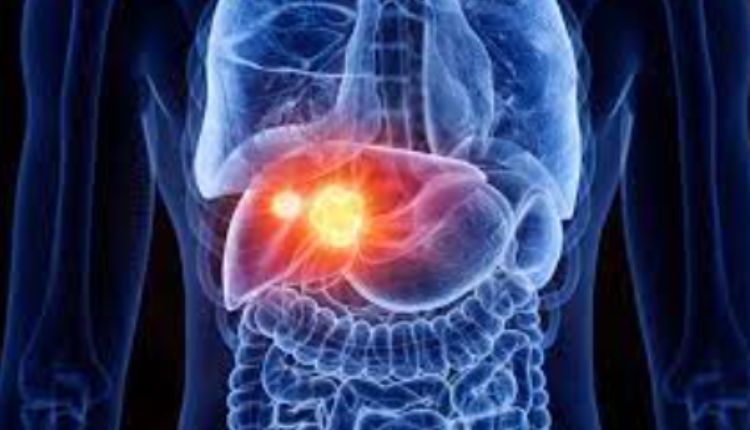Liver cancer, a life-threatening condition, is a global health concern that demands our attention. This comprehensive guide aims to provide an in-depth understanding of liver cancer, its causes, symptoms, diagnosis, treatment options, and prevention strategies.
Understanding Liver Cancer
Liver cancer is a type of malignancy that starts in the cells of the liver, a large organ located in the upper right portion of the abdomen. It plays a crucial role in the body’s metabolic processes including detoxification, protein synthesis, and production of biochemicals necessary for digestion. There are several types of liver cancer, but Hepatocellular Carcinoma (HCC) is the most common.
Causes and Risk Factors
The exact cause of liver cancer remains unknown; however, several risk factors have been identified. Chronic infection with Hepatitis B or C virus is the leading risk factor for HCC. Other risk factors include cirrhosis (scarring of the liver due to long-term damage), excessive alcohol consumption, obesity, diabetes, exposure to aflatoxins (a type of fungus), and certain inherited liver diseases.
Symptoms
Liver cancer often doesn’t show any signs or symptoms in its early stages. As it progresses, symptoms may include loss of appetite, unexplained weight loss, upper abdominal pain, nausea and vomiting, general weakness and fatigue, abdominal swelling (ascites), jaundice (yellowing of the skin and eyes), and white or chalky stools.
Diagnosis
Early detection is key to improving survival rates for liver cancer patients. Diagnosis typically involves a combination of physical examination, blood tests (including alpha-fetoprotein blood test), imaging tests (such as ultrasound, CT scan or MRI), and biopsy where a sample tissue from the liver is examined under a microscope for signs of cancer.
Treatment Options
The treatment plan for liver cancer depends on several factors including the stage of the disease, overall health status of the patient and their personal preferences. Treatment options include surgery (either tumor removal or liver transplant), local treatments (such as radiofrequency ablation or cryoablation), radiation therapy, targeted drug therapy and immunotherapy.
Surgery remains one of the most effective treatments for early-stage liver cancer. In cases where surgery isn’t an option due to advanced disease or poor overall health status of the patient; local treatments like radiofrequency ablation (use of electric current to heat and destroy cancer cells) or cryoablation (use of extreme cold to destroy cancer cells) may be used.
Radiation therapy uses high-powered energy beams like X-rays to kill cancer cells while targeted drug therapy works by targeting specific aspects of cancer cells that fuel their growth. Immunotherapy boosts body’s natural defenses to fight cancer.
Prevention Strategies
While it’s not possible to prevent all cases of liver cancer; reducing your risk is feasible through lifestyle modifications such as maintaining a healthy weight; limiting alcohol consumption; practicing safe sex and using sterile needles to reduce risk of hepatitis B & C infection; avoiding exposure to aflatoxins; getting vaccinated against hepatitis B; taking measures to prevent cirrhosis if you have chronic liver disease.
Liver cancer is a complex disease with multiple facets influencing its development and progression. Understanding its causes and risk factors can help in early detection and prevention. While treatment options are available depending on various factors including stage and overall health status; prevention remains better than cure. Therefore it’s crucial to adopt healthier lifestyle choices that can significantly reduce your risk.
